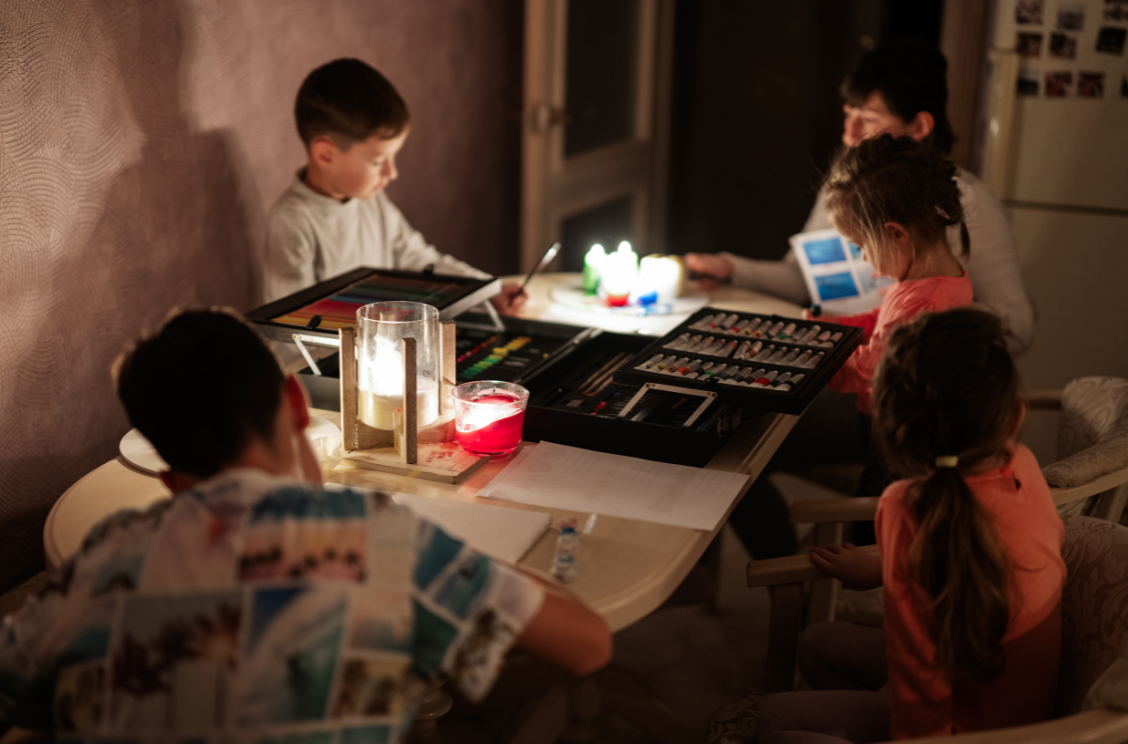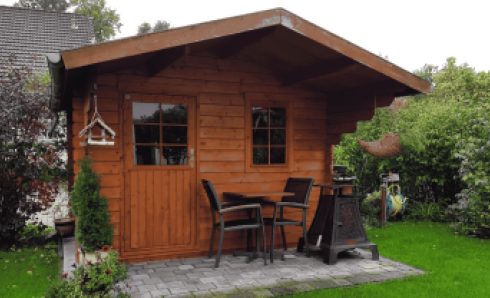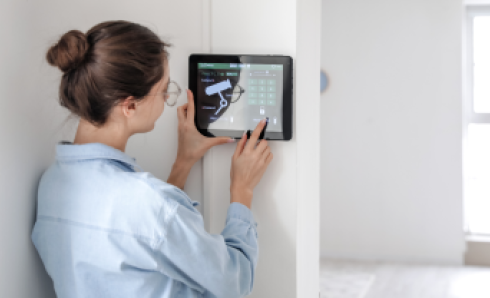Blackouts can be stressful, and as our energy grid comes under more strain as our population increases and our climate becomes more unpredictable, we may see more of them in the future. While the worst of the recent energy crisis may be passed us, the next decade will almost certainly be rocking due to rising demand. the closure of older power plants, and the transition to renewable energy.
If you are elderly or have children, having your house plunged into darkness for hours can be distressing, especially in the first few moments of panic. However, if you’re prepared and have taken various necessary steps beforehand, you should be able to sail through the blackout without too many problems. This article will guide Irish households through the essential steps to handle a blackout efficiently and safely, ensuring minimal disruption to their daily life.
1. Assess Immediate Safety and Secure Your Home
The first step during a blackout is to ensure immediate safety. Check for immediate risks like unlit stairs or spilt liquids. Use a flashlight or your phone's torch to navigate safely. You’ll be surprised how a lack of light can turn even a familiar home into a dangerous obstacle course.
Ensure all doors and windows are locked to prevent intruders, as security systems might be off.
2. Manage Home Temperature Without Power
Maintaining a comfortable home temperature during a blackout is important, especially if you have children or vulnerable adults in the home. In cold weather, conserve heat by using blankets and wearing layers. In warmer conditions, stay cool by opening windows (if safe) and staying hydrated. Remember, heating systems and air conditioners almost certainly won’t be operational unless you’re using a backup generator.
3. Assemble a Comprehensive Blackout Emergency Kit
An emergency kit is essential for blackouts and should be checked regularly to ensure it’s ready to go immediately. A good blackout emergency kit should include the following:
- Flashlights
- Candles
- Extra batteries
- Non-perishable food
- Water
- A first-aid kit
- A portable phone charger
- A manual can opener
- Wind-up/battery-powered radio
- Any essential medication
- Book, games, puzzles - something to help with the boredom
4. Secure Water Supply and Sanitation Management
Apart from oxygen, there’s nothing more important to humans than water, and access to clean water during a blackout is vital. Store water in clean containers, and if necessary, know how to purify water using tablets or boiling. Also, consider your sanitation needs, as the water supply could be affected. Try to keep at least three days worth of water in an easily accessible place in the home.
5. Choose and Use Emergency Lighting Safely
Opt for safe emergency lighting like LED lanterns or candles. If using candles, place them in sturdy holders and never leave them unattended to avoid fire hazards. Avoid using open flames near flammable materials. There are always horror stories about candle usage during blackouts, so we can’t overstate the importance of proper care.
All non-domestic structures and buildings and common areas of houses with multiple occupancies should have emergency lighting as standard. This is a legal obligation, but sadly, one that not all landlords follow. If you think your emergency lighting doesn’t work, contact your landlord first, then Citizens Information next if nothing gets done.
6. Implement Alternative Power Sources
Alternative power sources, like portable generators or solar chargers, can be lifesavers. If using a generator, ensure it's operated outdoors to prevent carbon monoxide poisoning, and always follow the manufacturer's safety instructions.
If you do have a generator, think carefully about what you’re going to use it for. It might be nice to have the TV on, but it’s probably not the most essential appliance.
7. Create an Effective Communication Plan for Blackouts
Establish a communication plan including a family meeting point and ensuring all family members can stay connected. Methods like walkie-talkies or emergency contacts can be vital when regular communication channels fail.
8. Safeguard Electronics Against Power Surges
Protect your electronics from power surges when electricity returns. Use surge protectors and unplug sensitive devices like computers and TVs to prevent damage. Power surges are when electricity rebounds with higher strength than usual, sending massive energy to your plugs. It’s not dangerous for humans, but it can easily fry a laptop still plugged in.
9. Extend the Battery Life of Essential Devices
Prolong the battery life of crucial devices like smartphones and radios. Reduce screen brightness, close unnecessary apps, and use power-saving modes. Again, think about what’s important at this point. Scrolling through Facebook and Instagram might alleviate the boredom, but that phone battery is precious during a blackout.
10. Stay Informed on Blackout Updates and Power Restoration
Stay updated about the blackout and restoration efforts through a battery-powered radio or by checking utility websites. Pay attention to information like restoration times and safety instructions. More often than not, blackouts end before you’ve even had time to go through this list, but now and again, they can drag on for days.
11. Conduct Home Safety Checks Post-Blackout
Once power is back, check your home for potential hazards. In general, walk around your home and see if anything doesn’t look right. Here are a few things to look out for:
- Water leaks
- Burns
- Fuse and circuit breakers
- Inspect appliances and electrical outlets
- Reset clock alarms
- Check your food storage conditions
- Check your emergency pack and note what needs replacing
12. Effectively Manage Food Preservation
To prevent food spoilage, keep refrigerator and freezer doors closed as much as possible. Use coolers with ice if needed. Post-blackout, assess which foods are safe to consume and discard any that pose a risk of food poisoning.
13. Choose a Trusted Insurance Provider Like 123.ie
When the light suddenly disappears from our lives, it can be deeply unnerving. We rely so heavily on electricity these days that having it taken away, even for a few hours, feels like a step back into the Stone Age. Blackouts can be unpredictable and challenging, but being prepared can significantly reduce their impact on your daily life. Following these 13 tips, Irish households can ensure safety, comfort, and peace of mind during these unexpected interruptions.
Selecting a reliable home insurance provider that can offer peace of mind during blackouts. We offer specific coverage for situations like food spoilage during blackouts, ensuring you're supported even in unexpected circumstances.





